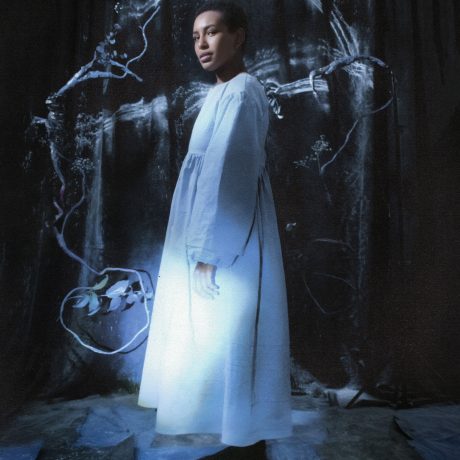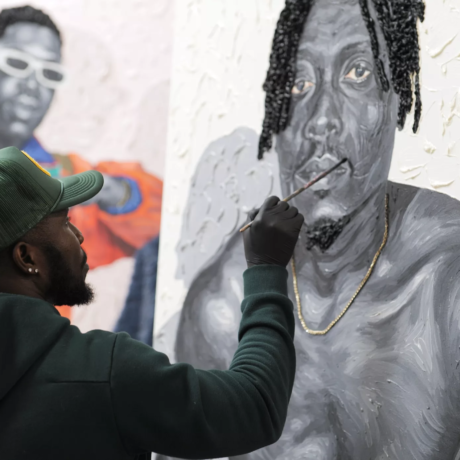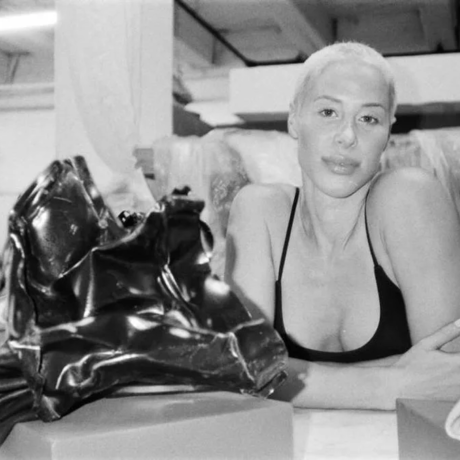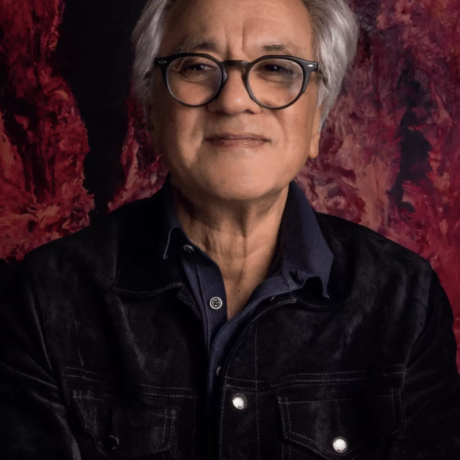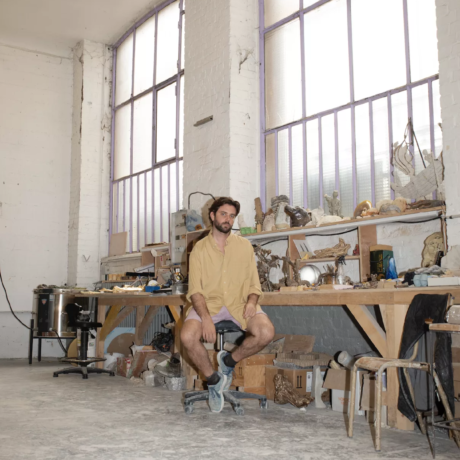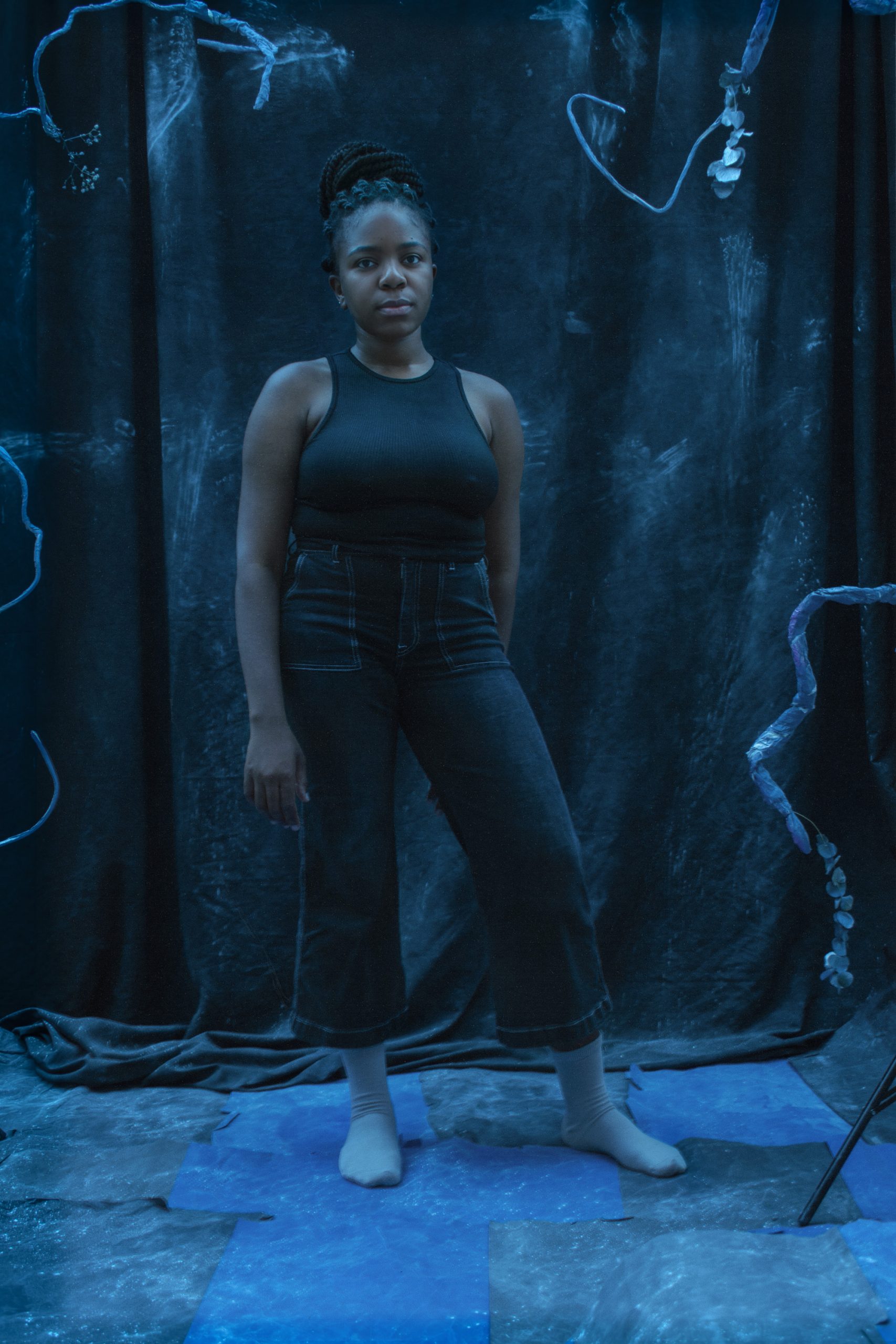
A graduate of Birmingham School of Art and Goldsmiths, Sherie Sitauze uses oral storytelling to cultivate and combine narratives around belonging, place and migration, centring on her paternal family heritage along the Zimbabwean-South African border. She lives in south London.
‘State of the Nation’ is a special series in which artists discuss how living in the UK informs their work and their ways of thinking about unity and identity, home and heritage.
My practice splits into two strands. On the one hand, there are narrative-based videos which explore pre-colonial myths of the people of Venda in South Africa and Zimbabwe. Last year I started thinking about how these works function outside of galleries and a white Western spectatorship, which led to the conversational videos, where I distribute footage to other Venda family members and ask them to respond.
“The education system in the UK is like being force-fed Western epistemology, it’s very Eurocentric”
One of the videos is with my little sister, who was born and grew up in the UK, whereas I spent the first six years of my life in Inyati, Zimbabwe, speaking Ndebele with my grandparents and extended family. A lot of the conversation was my sister remembering visiting Zimbabwe and South Africa and not being able to speak the languages and so feeling a certain distance, whereas talking with my cousin in Beitbridge, Zimbabwe, it felt like there was an exchange of information happening. I spoke to my dad, who had all these memories that we’d never talked about: people praying for the rain growing up, and other rituals like that.
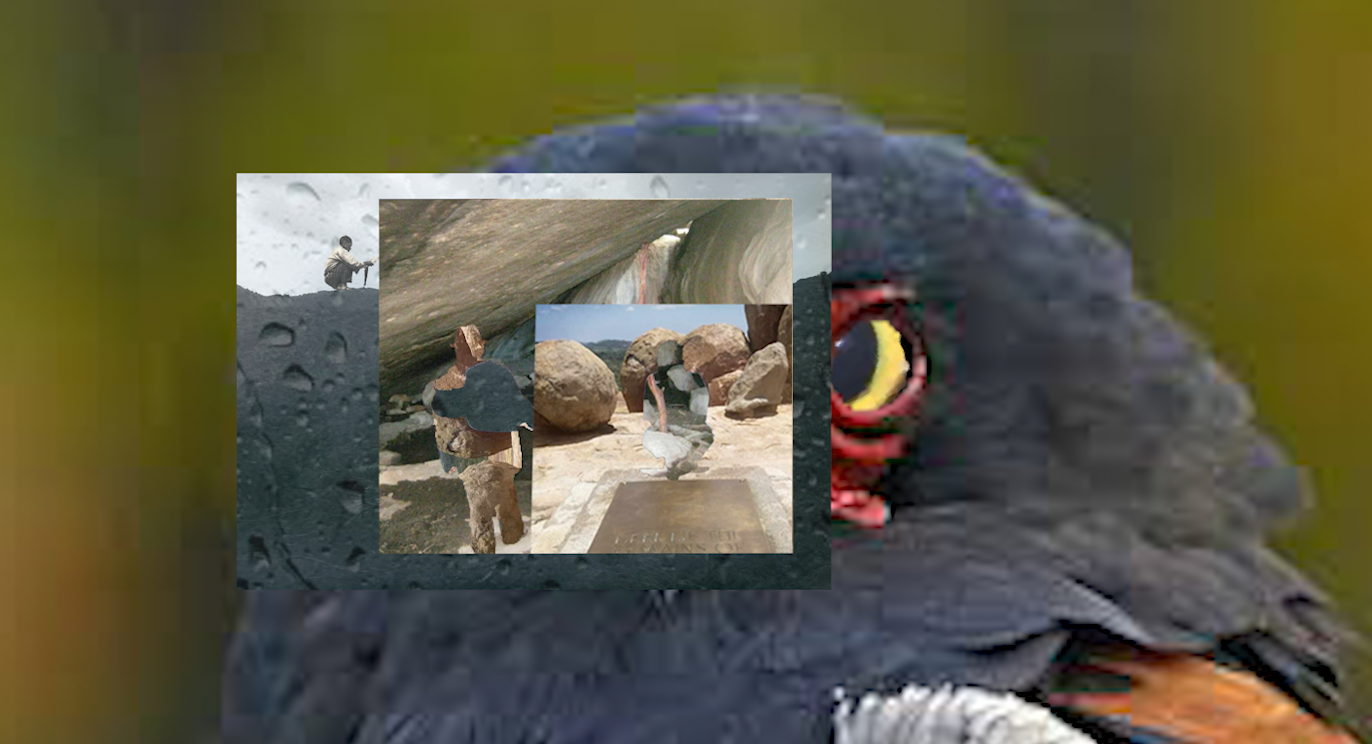
That distance is similar to how I felt when I began exploring these myths and the reasons why there were so many knowledge gaps because of colonial erasure. The education system in the UK is like being force-fed Western epistemology, it’s very Eurocentric. But that Eurocentrism also exists in Southern Africa, especially around Christianity, which was instrumental to colonialism.
When I came to the UK I lived in Luton, one of those amazing places where everyone knows each other. Then I studied fine art in Birmingham, where my real art growing happened. I lived in Barcelona, and now I’m here in south London. All these places feel like different parts of the same solar system: they all relate to and depend on one another. Without them, I wouldn’t be able to function the way I do now.
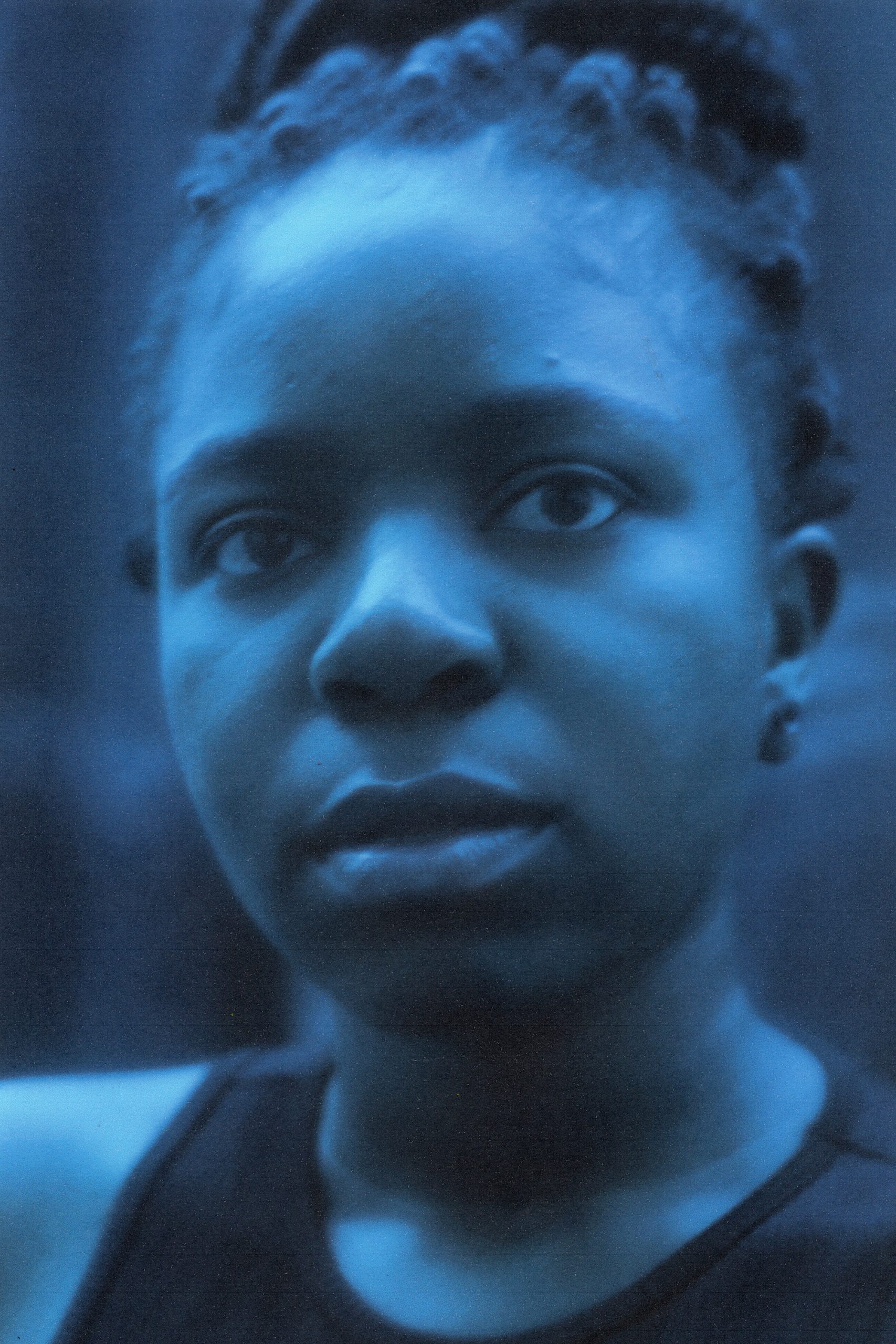
What’s influenced me recently are Jacques Derrida’s ideas around the flattening of time. For the postcolonial subject, the traumas of the past persist into the present and the future. They cannot be separated. Walter Mignolo makes this argument that time began with modernity in order to posit non-Western cultures being in, and something of, the past. It very much ties into intergenerational trauma and collective memory.
“For the postcolonial subject, the traumas of the past persist into the present and the future. They cannot be separated”
‘Britishness’ is also a colonial construct and operates through borders. There’s this need for categorisation, but it’s a lot more complex than singular nationalities. It’s very subjective, even though the government tries to make it as objective as possible. It’s more a feeling than something that can be proven or evidenced. If you feel like you’re British, whatever that means, then you’re British.
As told to Ravi Ghosh, Elephant’s editorial assistant
This article appeared in Elephant 46: Autumn Winter 2021, available to buy here
